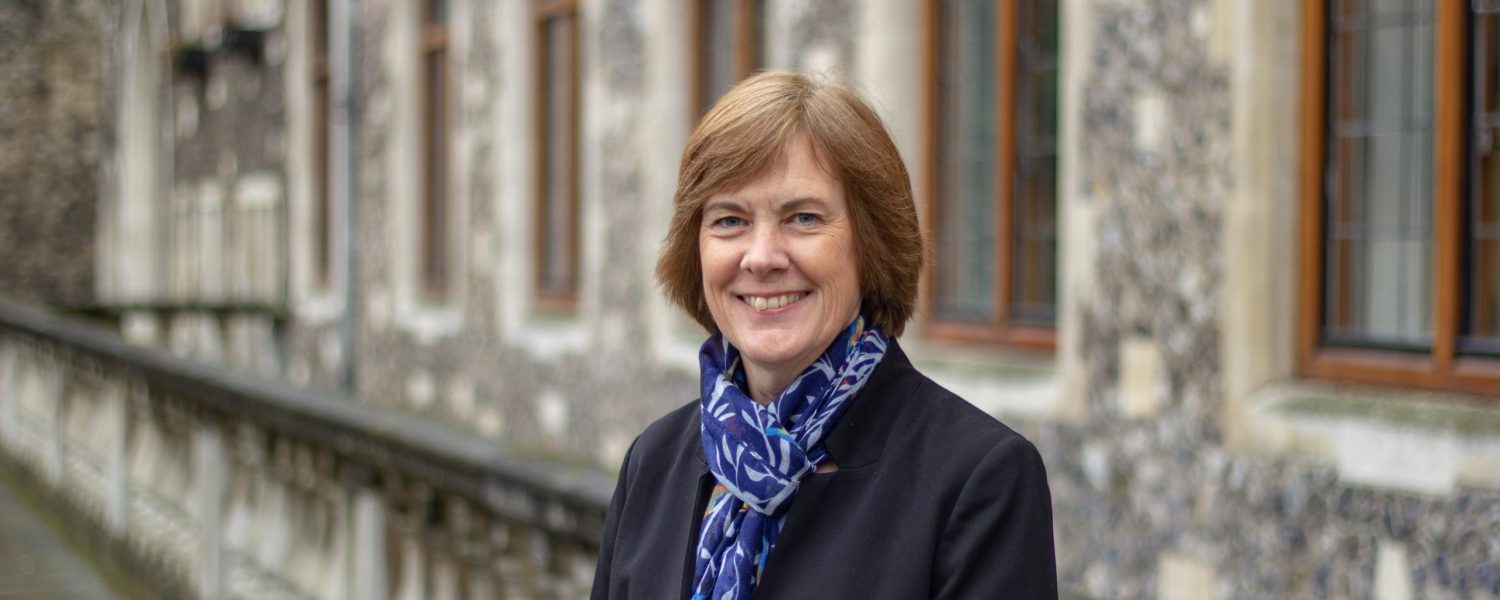‘We love to bring people together, to share ideas and experience – this is very much a theme of St Luke’s. We hate to see wheels being reinvented unnecessarily and St Luke’s certainly doesn’t want to reinvent the wheel in dioceses where excellent work is already underway. We want to help by identifying, sharing and promoting ‘good practice’ in relation to clergy wellbeing and to be a catalyst in encouraging other dioceses to adopt it.
Wellbeing is crucial to mission
‘Our 2020 symposium will bring together diocesan wellbeing representatives, Third Sector organisations and other involved in clergy wellbeing, to consider together how best to help the dioceses to implement the recommendations of the Covenant for Clergy Care and Wellbeing. Of course funding will be an issue for some, but we believe that the positive mental wellbeing of the clergy is the most important thing in the Church today. The drive for mission and growth is important but it is not going to happen unless the clergy are as highly self-motivated, fulfilled, positive and forward-looking as they were at their ordination.
Training innovation
‘As well as our existing work with the dioceses and training colleges, particularly resilience training sessions and reflective practice groups, this year we will be working on developing new training sessions to meet evolving needs. We are excited to be developing our ‘preventive’ approach to wellbeing in new directions. All this is being helped by the appointment of our Wellbeing Coordinator, Shannon O’Dam, as well as by our team of enthusiastic and supportive advisers – psychologists, psychotherapists and coaches as well as clergy – whose ideas and expertise are crucial to all our activities in the dioceses and training colleges.
First things first
‘The nature of ministry, the demands upon clergy, and the opportunities open to them are changing and will all go on changing. We believe that ordinands and curates need to establish good habits of reflection, self-awareness and recognition of the mental health of themselves and others early on, in order to flourish for the long-term.
‘St Luke’s is pleased to be working with the Clergy Support Trust on a pilot project in IME2, in three dioceses, so that curates have access to resilience training and reflection on their own mental health and that of the people in their church setting. The pilot is for a resilience training session and a two-day Mental Health First Aid (MHFA) course for curates. We will be looking carefully at the results.
Always here for individuals
‘And we are not changing from our path of helping clergy one-to-one who turn to us when they have a specific challenge, whether physical or mental. Over the last five years, 2,000 clergy or their family members have been referred by St Luke’s for one-to-one consultations for diagnosis or treatment of physical or psychological issues. These requests for specialist referrals have come from people in every diocese in England and Wales.
Clear way forward
‘We have recognised the distinction between our ‘reparative’ work (trying to make things better for clergy or their families who are experiencing mental or physical challenges) and our ‘preventive’ work, where we work alongside dioceses and groups of clergy to promote good wellbeing practices, through resilience training, reflective practice and other training under development. Our third strand is ‘advocacy’, which brings me back to where this blog began – the desire to bring people together to raise awareness of good practice in relation to clergy wellbeing, to share ideas and adopt and adapt them to fit their needs.
The best it can be
‘Beyond the activities of St Luke’s, in the future we would like to see the Church offer a framework of lifelong learning, from before ordination until after retirement, that fosters the skills and habits that will sustain clergy in a long and fulfilling ministry. We would like clergy to feel that they can ‘reinvent themselves’ during their ministry, so that they are engaged with the joys and challenges throughout a long, fulfilling ministry. We want them to know they can access expertise such as the Clergy Transitions Service at Church House Westminster to help them do that.
‘We would like it to be ‘the norm’ that clergy access supervision or reflective practice, either one-to-one or in groups, as is the case for other professionals in front-line pastoral and caring roles. We’d also like to see a change of culture such that all clergy talk openly about their mental health and the strategies and skills that work for them to maintain a positive approach to their ministry, despite the stresses and challenges that are an inevitable part of it.’


